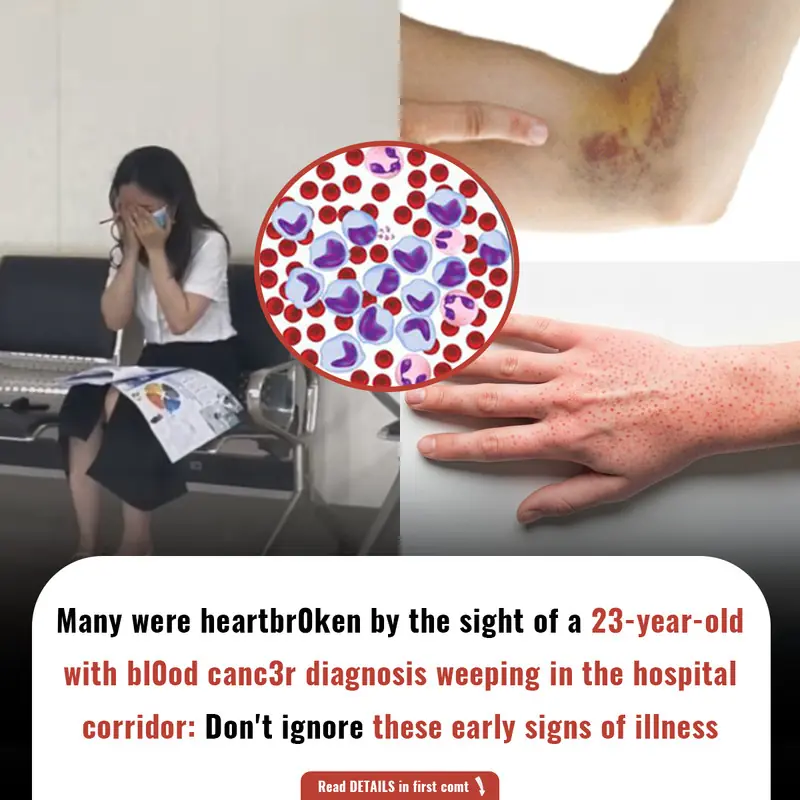
If Your Kidneys Are in Danger, the Body Will Show these 10 Signs
Kidney disease, a condition that affects millions globally, often goes undetected until it has significantly progressed. This is due to the fact that kidney disease can develop slowly over time, and its early symptoms are often subtle. Early detection is crucial to prevent further damage and improve the chances of effective treatment. Fortunately, your body does give you signs that your kidneys might be in trouble. Recognizing these signs early can help you seek medical attention before the situation becomes more severe.
Understanding the Vital Role of the Kidneys
The kidneys are two bean-shaped organs located just below the ribcage on each side of the spine. These organs play a vital role in maintaining the body’s internal balance. They are responsible for filtering waste and excess fluids from the blood, regulating blood pressure, producing red blood cells, and balancing electrolytes like sodium, potassium, and calcium. The kidneys filter around 120 to 150 quarts of blood each day, producing one to two quarts of urine. When kidneys are healthy, they perform these functions efficiently, contributing to the overall well-being of the body.
What is Kidney Disease?
Kidney disease, also referred to as renal disease, is a condition where the kidneys become damaged and lose their ability to function properly. Various factors can lead to kidney disease, including high blood pressure, diabetes, infections, genetic disorders, and autoimmune diseases. If left untreated, kidney disease can progress to kidney failure, a life-threatening condition that requires treatments like dialysis or a kidney transplant. Early detection of kidney disease is critical to slowing down the damage and managing the disease effectively.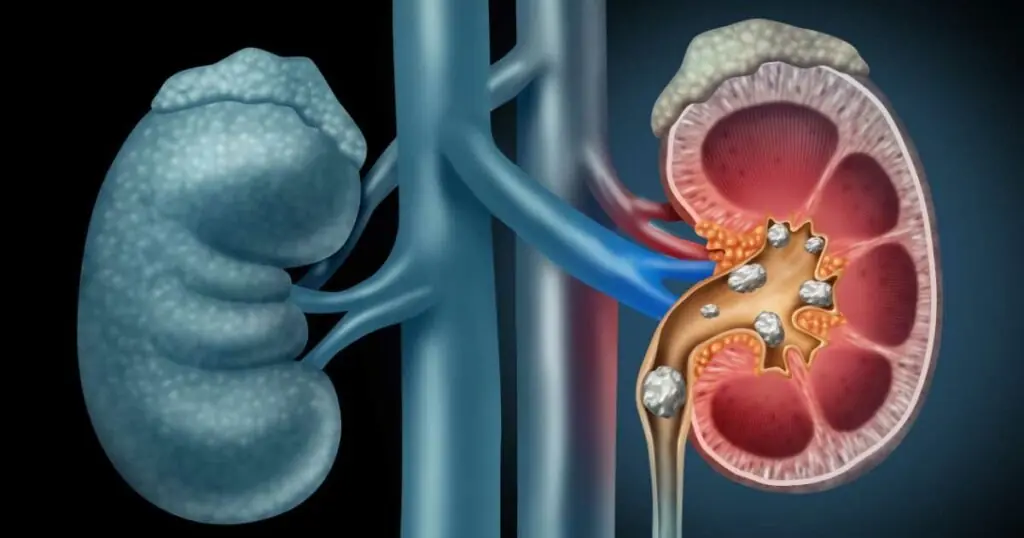
The Silent Warning Signs of Kidney Disease
Kidney disease often goes unnoticed until it reaches more advanced stages. Many people do not experience symptoms until the kidneys have already sustained significant damage. However, there are signs that your body may be sending, which can indicate that your kidneys are not functioning optimally. Paying attention to these symptoms and seeking medical help promptly can significantly improve your chances of preventing further kidney damage.
Here are 10 signs that your kidneys might be in danger:
1. Changes in Urination
Changes in urination patterns are one of the earliest signs of kidney problems. You may notice an increased frequency of urination, particularly during the night, or a decrease in the amount of urine produced. Additionally, urine may become foamy or appear darker than usual. Any significant changes in urination should be reported to a healthcare provider for further evaluation.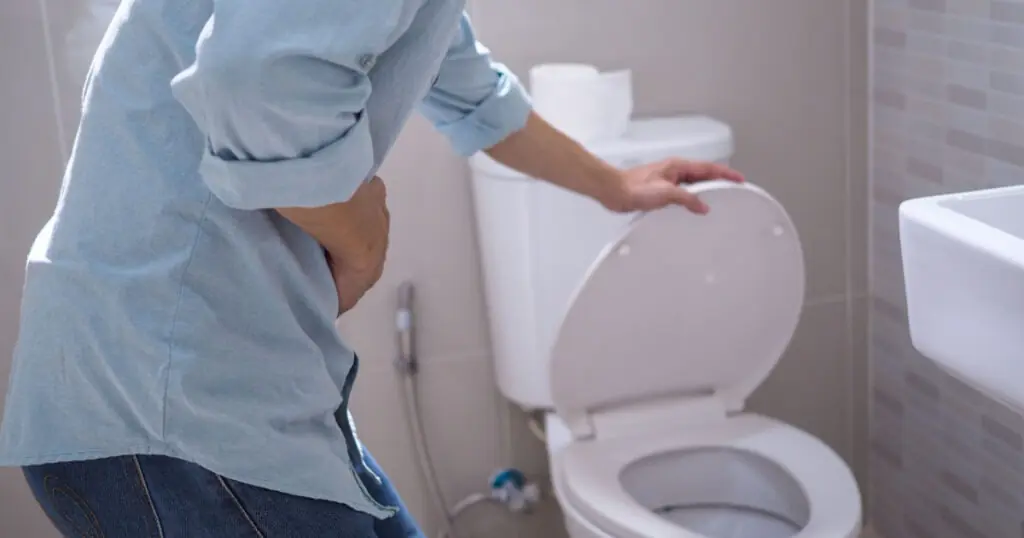
2. Fatigue and Weakness
Kidney disease can lead to anemia, a condition characterized by a low red blood cell count. This can result in feelings of persistent fatigue and weakness. If you find yourself feeling unusually tired, weak, or having difficulty concentrating, it may be a sign that your kidneys are not functioning properly. Kidney-related anemia is a common cause of these symptoms.
3. Swelling
Swelling, or edema, is another sign of kidney trouble. When the kidneys are unable to filter waste and excess fluid effectively, fluid builds up in the body. This leads to swelling in areas such as the legs, feet, hands, face, and abdomen. If you notice unexplained swelling, it could be a sign that your kidneys are struggling to perform their duties.
4. Persistent Back Pain
Persistent back pain, especially below the ribcage, can be a symptom of kidney disease. This pain may be dull or sharp and is often accompanied by tenderness. If the pain is severe or does not improve with rest, it may indicate that the kidneys are inflamed or infected, particularly if it is associated with other urinary symptoms.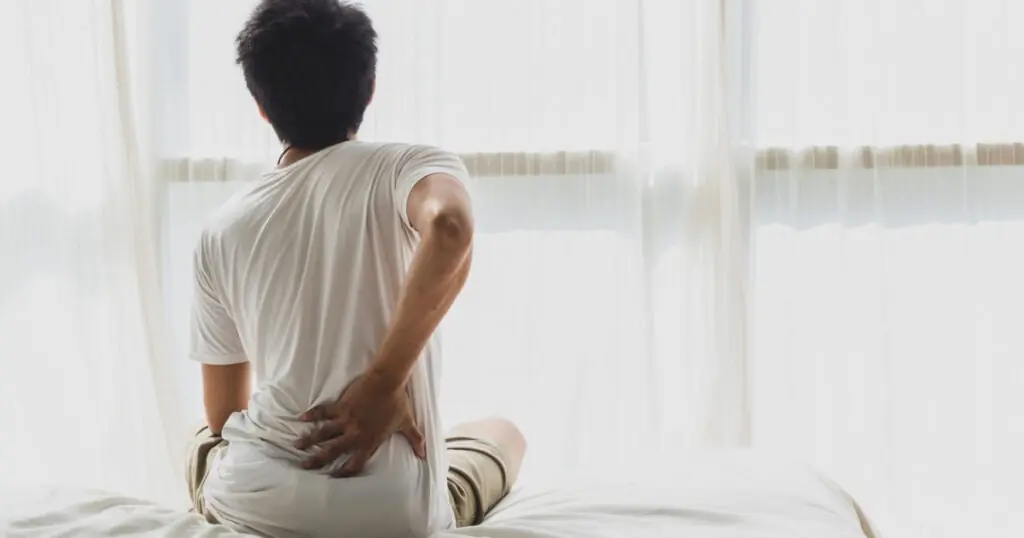
5. Nausea and Vomiting
Frequent nausea and vomiting can occur due to the accumulation of waste products in the blood as the kidneys fail to filter them effectively. These symptoms may be more noticeable in the morning or after meals. If you experience persistent nausea or vomiting that does not improve, it’s important to seek medical attention.
6. Unexplained Weight Loss or Loss of Appetite
Kidney disease can cause a buildup of waste products in the body, leading to a decrease in appetite and unexplained weight loss. If you suddenly experience significant weight loss without changing your diet or exercise habits, or if you lose interest in eating, this could be a sign of kidney dysfunction.
7. Difficulty Sleeping
People with kidney disease often experience difficulty sleeping, which can be caused by several factors. These include frequent urination during the night, muscle cramps, or restless leg syndrome. Poor sleep quality can worsen fatigue and further impact overall health, making it crucial to address this symptom as soon as possible.
8. Metallic Taste in the Mouth
A persistent metallic taste in the mouth can be a sign of kidney disease. This happens due to the buildup of waste products in the blood, which alters your sense of taste. If you experience a change in taste or a constant metallic flavor in your mouth, it may indicate that your kidneys are not filtering waste properly.
9. Muscle Cramps and Twitching
Electrolyte imbalances, such as low levels of potassium and calcium, can occur in kidney disease and cause muscle cramps and twitching. If you experience frequent muscle cramps, especially in your legs, it could be a sign that your kidneys are struggling to maintain proper electrolyte levels.
10. Itchy Skin
Itchy skin is another symptom that can occur when the kidneys are not functioning correctly. The buildup of waste products and toxins in the blood can cause generalized itching. This symptom is not usually limited to a specific area and can be quite bothersome. If you have persistent, unexplained itching, it’s important to discuss it with a healthcare provider.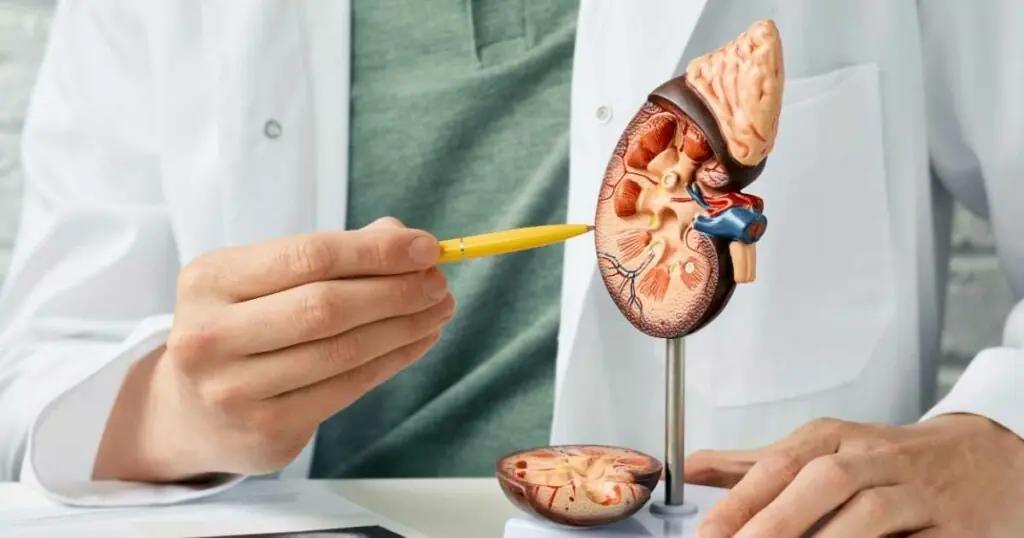
When to Seek Medical Help
If you notice any of the above symptoms, it is important to consult with a healthcare professional. While these symptoms may also be caused by other health conditions, it is better to err on the side of caution, especially if you are at higher risk for kidney disease due to factors such as diabetes, high blood pressure, or a family history of kidney problems.
Early detection and treatment are key to managing kidney disease. A healthcare provider can conduct tests, including blood and urine tests, to assess kidney function and determine whether there is any damage to the kidneys.
Preventing Kidney Disease
While some causes of kidney disease cannot be prevented, there are several lifestyle changes you can make to protect your kidneys and reduce your risk of developing kidney problems. These include:
- Maintain a Healthy Diet: Eating a balanced diet rich in fruits, vegetables, and whole grains can support kidney health. Reducing sodium intake and avoiding processed foods can also help maintain proper kidney function.
- Exercise Regularly: Regular physical activity helps maintain a healthy weight, improves blood circulation, and supports kidney function.
- Stay Hydrated: Drinking plenty of water helps the kidneys filter waste products and maintain proper fluid balance in the body. Aim to drink at least 8 glasses of water per day, unless otherwise advised by your healthcare provider.
- Monitor Blood Pressure: High blood pressure is a leading cause of kidney disease. Regularly monitor your blood pressure and take steps to keep it within a healthy range, such as reducing salt intake, exercising, and taking prescribed medications.
- Control Blood Sugar Levels: If you have diabetes, keeping your blood sugar levels under control is essential for protecting your kidneys. Work with your healthcare provider to manage your condition effectively.
- Avoid Smoking and Excessive Alcohol: Smoking and excessive alcohol consumption can increase the risk of kidney disease. Quitting smoking and drinking in moderation can help protect your kidneys.
- Be Cautious with Medications: Certain medications, both prescription and over-the-counter, can harm the kidneys if used improperly. Always follow your doctor’s instructions when taking medication and avoid self-medicating.
- Get Regular Checkups: If you are at higher risk for kidney disease, regular checkups are essential. Your doctor can monitor your kidney function through routine blood and urine tests, helping to catch any issues early.
Conclusion
Kidney disease is a serious condition that can have significant health consequences if left untreated. However, by paying attention to the warning signs and taking proactive steps to maintain kidney health, you can reduce your risk of developing kidney problems. Early detection is key to preventing further damage and ensuring better outcomes. If you notice any of the signs mentioned in this article, consult a healthcare provider for further evaluation and treatment. By living a healthy lifestyle and staying vigilant, you can help protect your kidneys and ensure long-term health and well-being.
News in the same category


Hidden Button on Washing Machines: Press It to Automatically Drain Residual Water
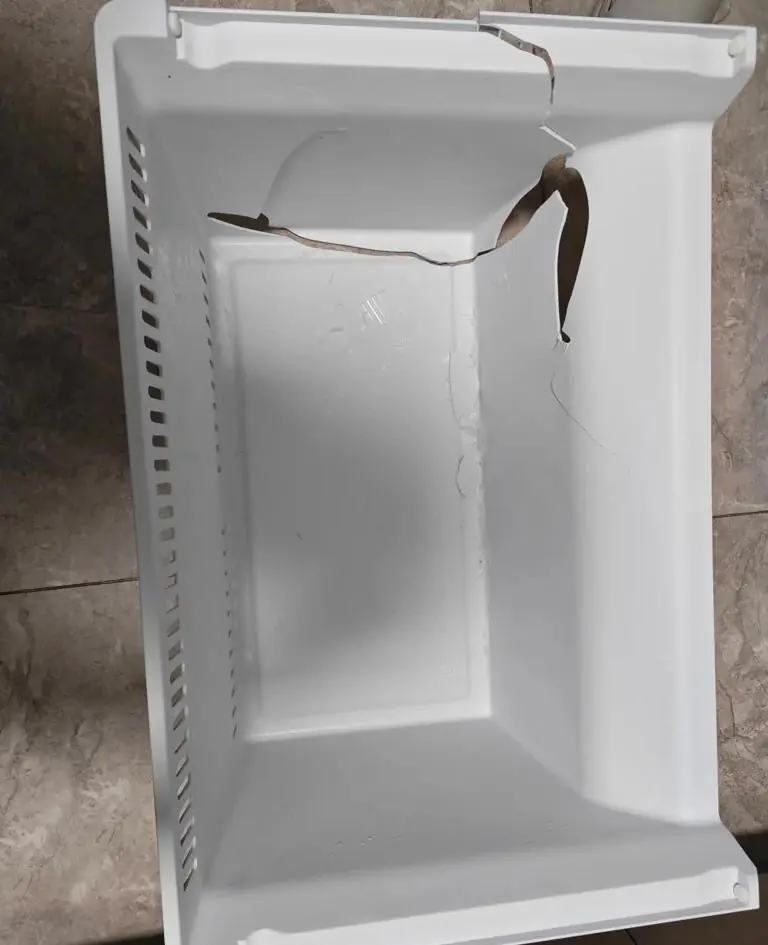
5 Items in Your Fridge That Could Explode: Remove Them Immediately

3 Phrases to Whisper to Hotel Receptionists for Unexpected Discounts and Upgraded Rooms
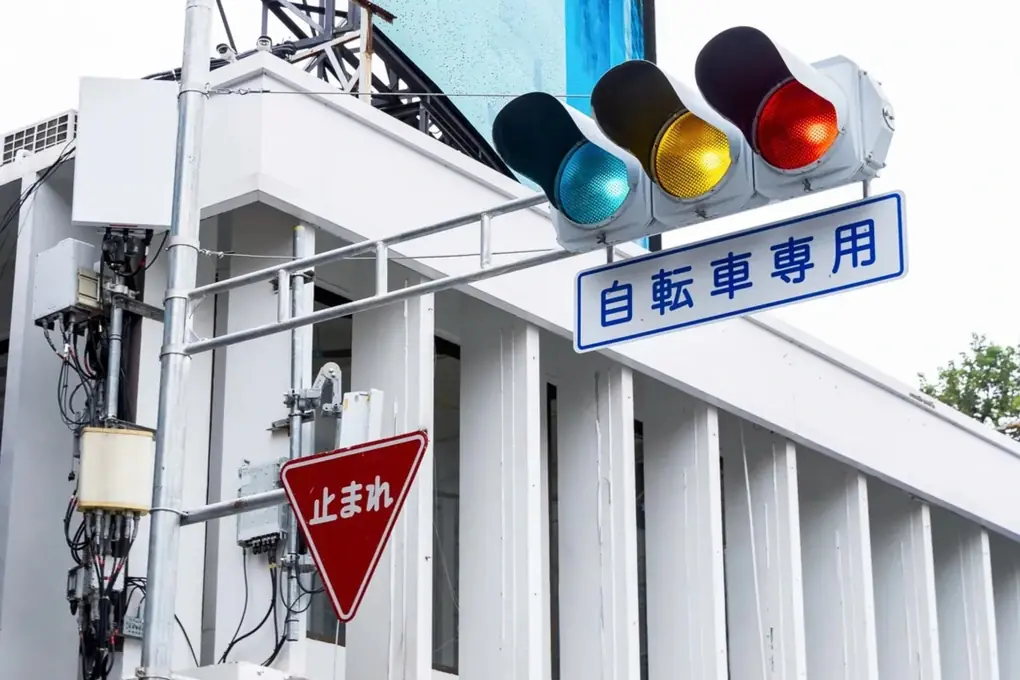
Why Do Traffic Lights in Japan Appear Blue? Unveiling the Cultural and Linguistic Origins
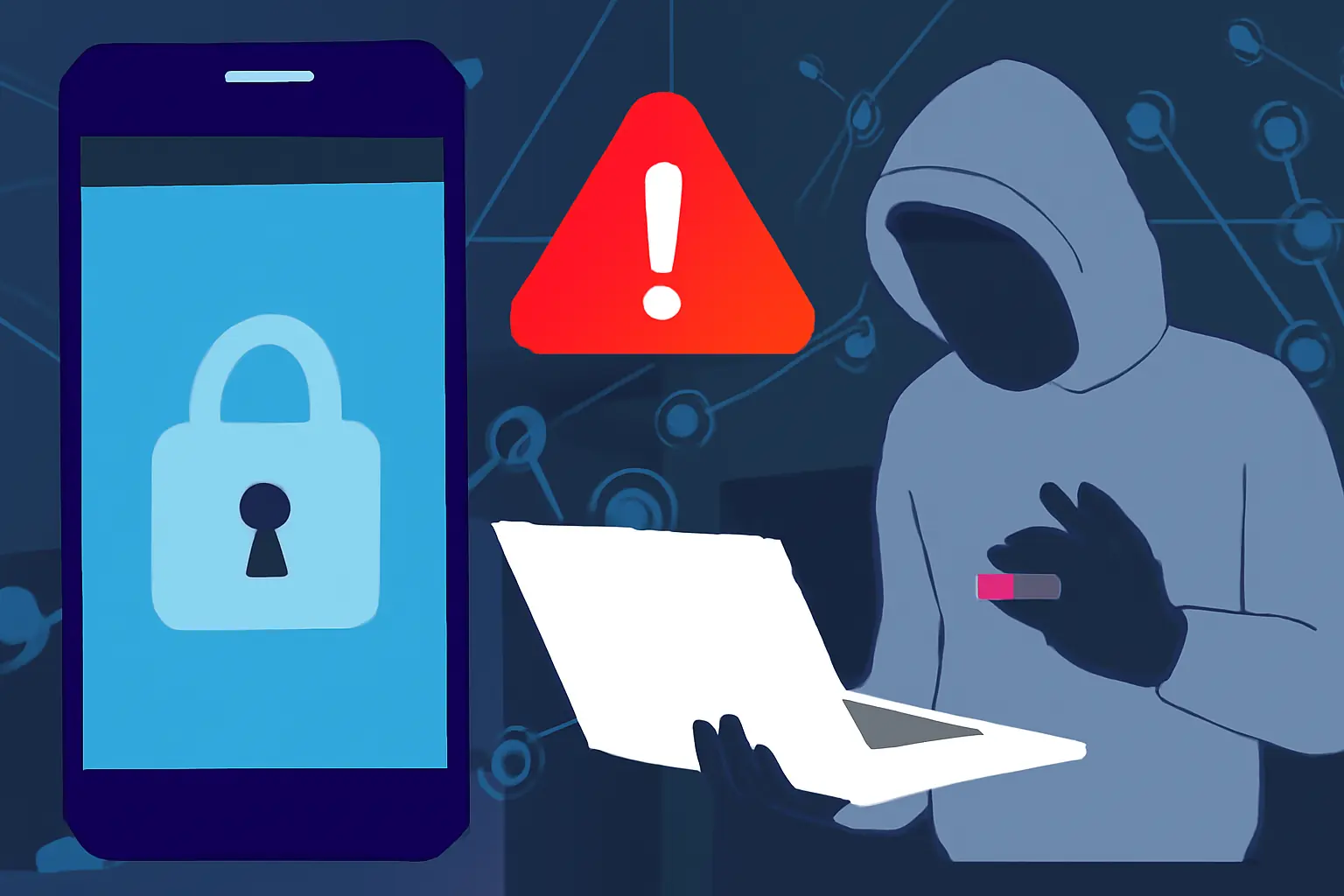
Avoid These PIN Patterns: AI Can Crack Them in Just 0.5 Seconds

Experts Identify Genetic Link to Aut!sm, Paving the Way for Potential Tre@tments

New Research Reveals Potential Health Risks of Vegan Diets

Why Does Your Floor Smell Fishy After Mopping? Common Causes and Solutions

Why Does Your Floor Smell Fishy After Mopping? Common Causes and Solutions
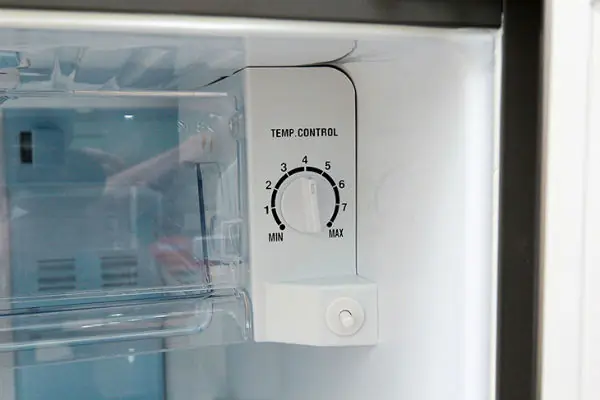
Summer Refrigerator Settings: Optimal Temperatures to Maximize Energy Savings
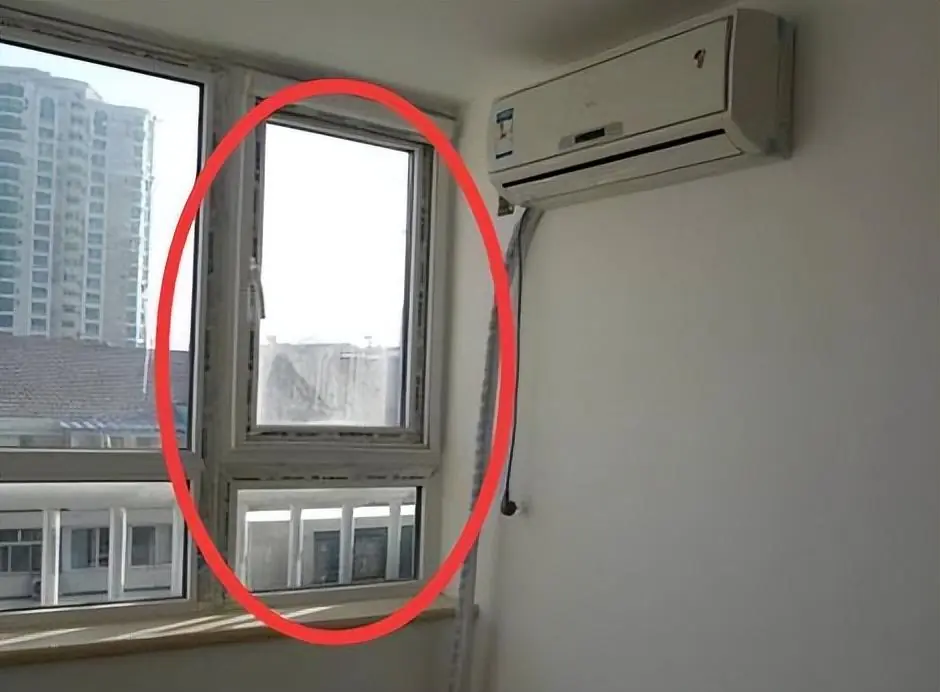
Experts Reveal the Right Way to Use Air Conditioners in Summer: Open or Close Windows First?
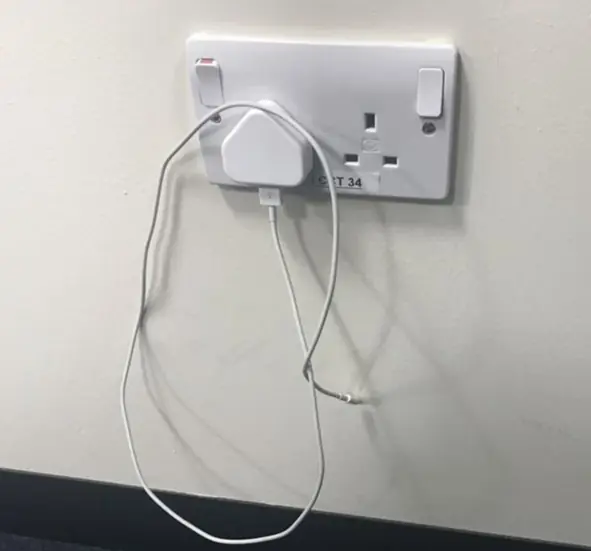
4 Common Household Devices That Can Unintentionally Increase Your Electricity Bill

Surprising Scientific Tips: How to Use Your Air Conditioner Efficiently and Healthily

Philippine Scientists Discover Rare Hyperaccumulator Plant to Clean T0xic Soil Naturally
Scientists in the Philippines have discovered a rare plant that naturally absorbs toxic metals from contaminated soil. This eco-friendly phytoremediation solution offers hope for restoring polluted lands, especially in areas affected by mining.

TikToker Goes Viral After Skipping Face Wash for 7 Weeks—Is This the Ultimate Skincare H@ck?
Discover the truth behind the viral Caveman skincare method. Tia Zakher stopped washing her face for 7 weeks—find out what happened to her skin and what dermatologists say about this trend.

Common household chemical linked to more than 350,000 deaths in terrifying results of new study
According to a world-first study, a chemical present in everyday home objects may be responsible for almost 356,000 deaths.
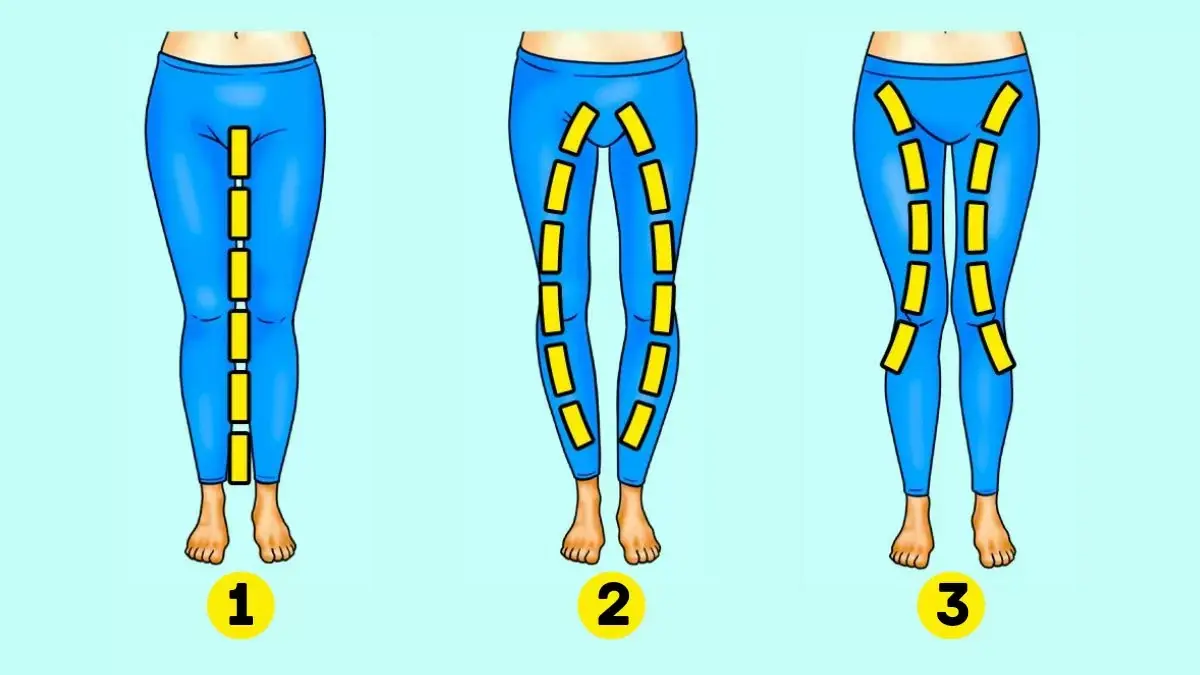
Discover What Your Leg Shape Reveals About Your Personality and Health
Ever wondered if your leg shape can reflect hidden aspects of your personality? Learn how straight, bow-legged, and knock-knee leg shapes offer insights into your mindset, strengths, and career potential. Find out how your leg shape influences your life.
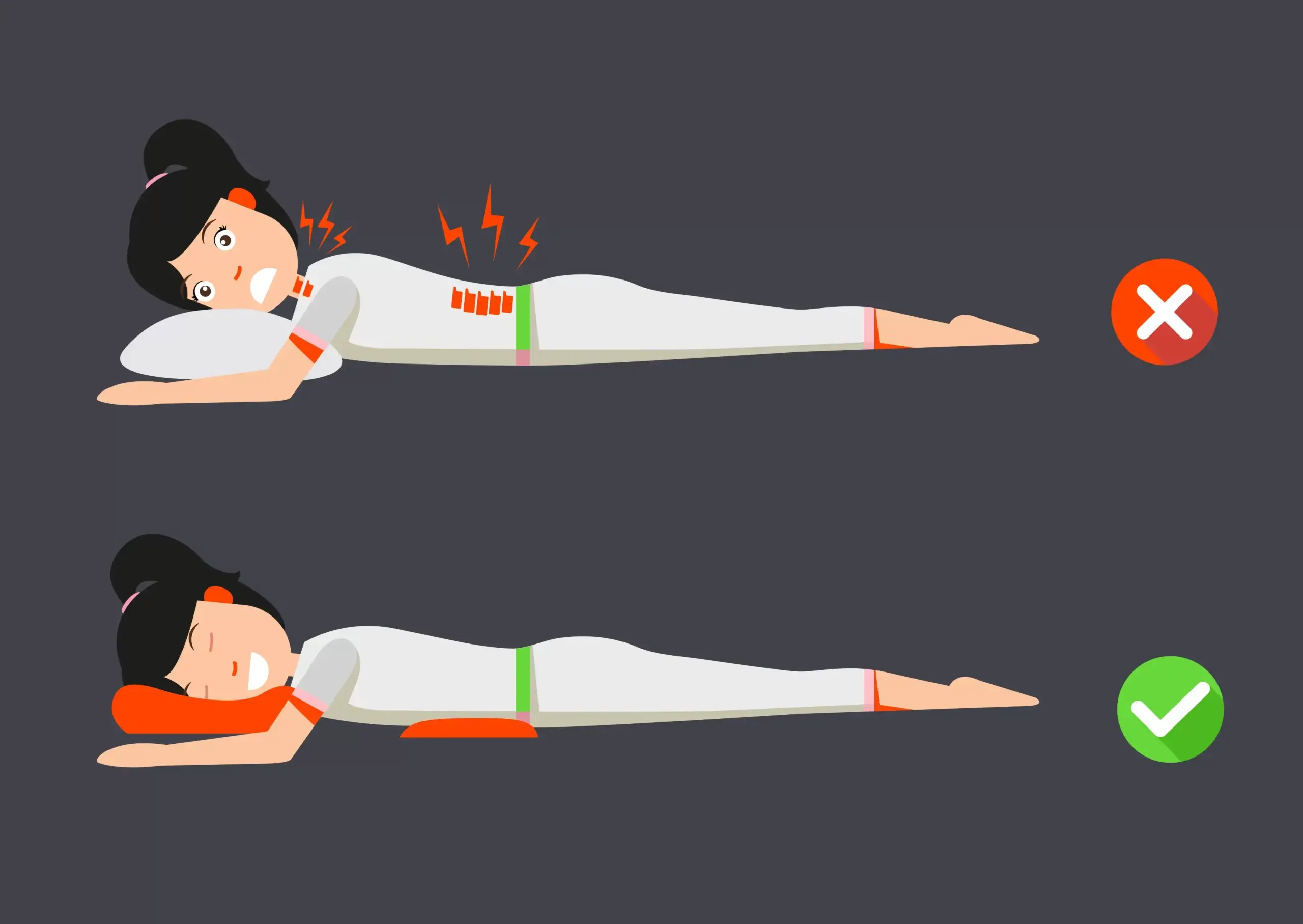
Is Sleeping on the Left Side Good for Your Heart? Discover the Best Sleep Positions for Heart Health
Wondering if your sleep position affects your heart health? Learn the benefits and potential risks of sleeping on your left side, right side, or back. Find out how sleep quality impacts heart health and discover the best sleep habits for your well-being.
News Post

23-Year-Old Leukem!@ Patient's Silent Struggle in Hospital Corridor Moves Hearts

Hidden Button on Washing Machines: Press It to Automatically Drain Residual Water

Caught My Wife Texting Her Ex and Taking Our Son – The Sh0cking Truth Revealed
Discover the painful moment when a husband uncovers his wife's secret meetings with her ex, taking their son along. A story of betrayal, trust, and tough decisions.

5 Items in Your Fridge That Could Explode: Remove Them Immediately

The Silent Hero: How a Simple Act of Respect on a Plane Changed Everything
An elderly war veteran, quietly asked to give up his seat on a flight, receives a shocking act of respect that no one saw coming. Read about the surprising moment when the pilot walked out of the cockpit to salute him and how it left passengers in awe.

3 Phrases to Whisper to Hotel Receptionists for Unexpected Discounts and Upgraded Rooms

Green Tea For Beautiful Skin: 4 Powerful Ways to Use Green Tea for Glowing Skin, Dark Spots, and Pore Minimization
Whether used as a refreshing toner, a brightening face pack, or a soothing ice cube treatment, green tea has the potential to tackle multiple skin concerns, from acne and dark spots to aging and skin irritation.

Her Husband’s Affair Shattered Her, But What Happened Next Will Leave You Speechless
She was betrayed by the man she loved. But when her husband’s affair came to light, she found the strength to walk away and start anew. Discover how she reclaimed her life, her power, and her happiness in the face of heartbreak.
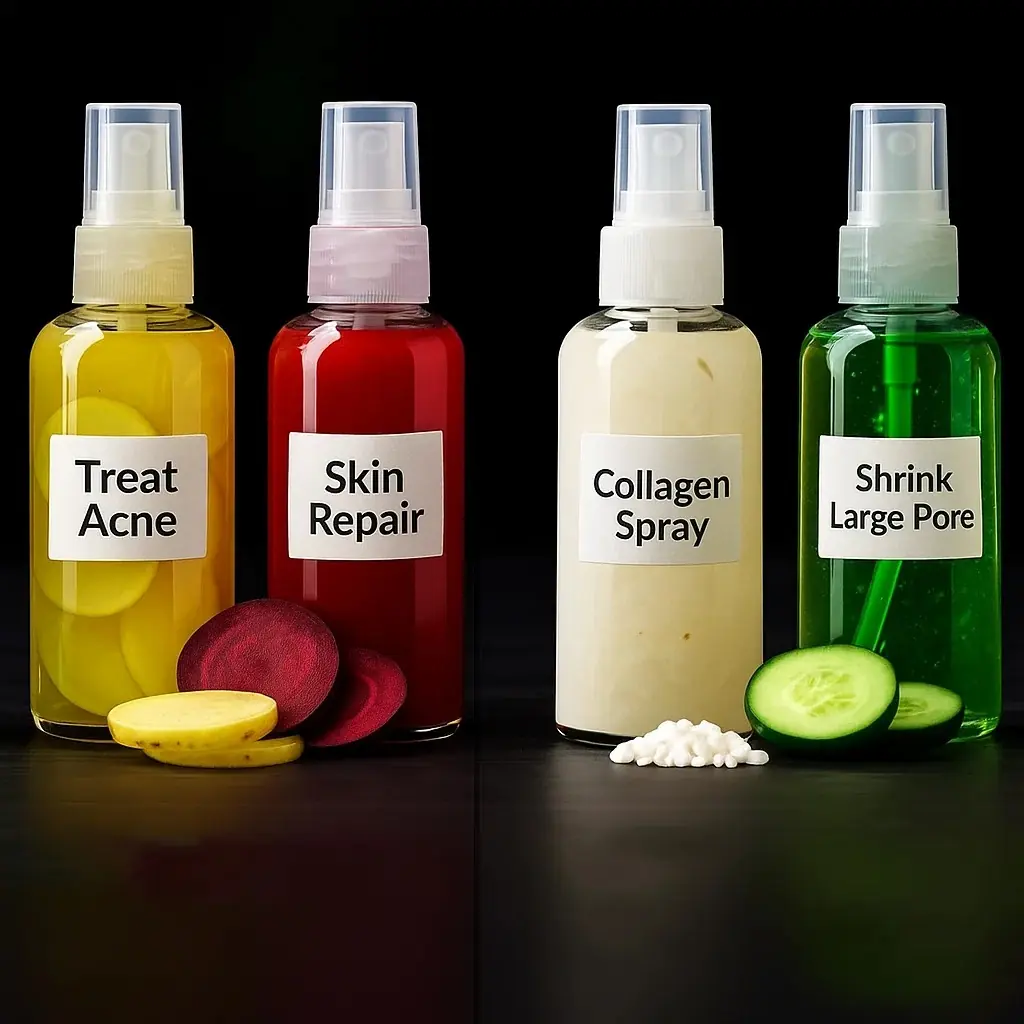
5 Powerful Homemade Skin Toners for Glowing, Acne-Free Skin & Dark Spot Treatment
These five DIY toners are not only effective but also budget-friendly, allowing you to take control of your skin health using ingredients that are gentle and chemical-free.

AT THE FAMILY DINNER, DAD SAID "I’M PROUD OF ALL MY CHILDRENS… EXCEPT THE LOSER SITTING AT THE TABLE"
“I’m Proud of All My Children… Except the Loser at the Table,” My Dad Said

Mix These Seeds In Hair Oil for Long Thick Hair: The Ultimate DIY Hair Mask All Women Should Try
By using this simple yet effective DIY hair mask, you can enjoy stronger, thicker hair that is nourished from the roots to the tips.

The Toilet W@r: When a Couple’s Relationship Goes Down the Drain Over Small Habits
A woman breaks free from a t0xic relationship after months of frustration, realizing her worth and choosing independence over unappreciated effort.

Homemade Brow Boosting Serum: Natural Solution for Fuller, Thicker Eyebrows
Make this DIY brow serum part of your beauty routine, and enjoy the benefits of stronger, fuller brows in the comfort of your own home.

My Dad Raised Me & Funded My Wedding but I Disinvited Him Four Days Before the Big Day After What I Accidentally Overheard
Four days before my wedding, I crept downstairs for water and overheard my dad and stepmother laughing about lies that had shaped my entire childhood. What they said next turned my world upside down, and I knew I couldn't let him walk me down the aisle.

DIY Flaxseed Collagen Drops: A Natural Anti-Aging Remedy That Works Better Than Botox
Flaxseed collagen drops offer a powerful, natural solution for boosting collagen production, improving skin elasticity, and reducing the appearance of fine lines and wrinkles.

Breaking Free from a T0xic Relationship: A Woman's Journey to Self-Love and Empowerment
After years of unreciprocated effort, a woman finds the strength to walk away from a t0xic relationship. This gripping story of emotional growth and self-discovery highlights the power of choosing yourself over settling for less.

Say Goodbye to Dark Circles: The Ultimate DIY Coffee Under Eye Serum for Radiant Eyes
The combination of coffee, aloe vera, sweet almond oil, honey, and turmeric offers an effective, gentle, and affordable way to tackle dark circles and puffy eyes.

Why Do Traffic Lights in Japan Appear Blue? Unveiling the Cultural and Linguistic Origins

Avoid These PIN Patterns: AI Can Crack Them in Just 0.5 Seconds

Neighbor’s Greed Leads to His Downfall: The Price of Destroying a Family Legacy
A neighbor’s thoughtless destruction of a family’s centuries-old oak tree leads to a devastating collapse of his property, teaching him a lesson in respect and consequences. A gripping tale of revenge, justice, and the power of nature.